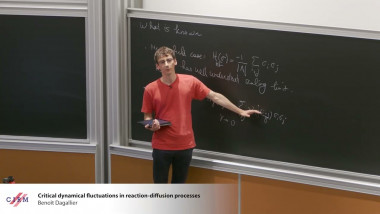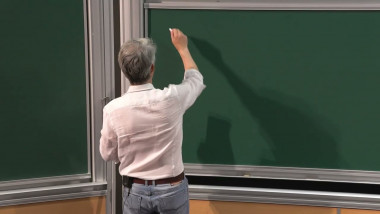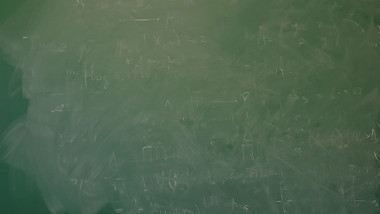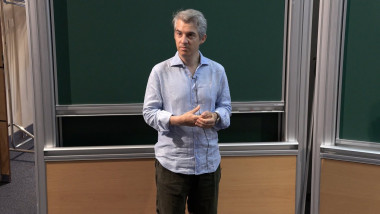
Critical dynamical fluctuations in reaction-diffusion processes
By Benoît Dagallier

Generative AI and Diffusion Models: a Statistical Physics Analysis (3/3)
By Giulio Biroli

Exploring the High-dimensional Random Landscapes of Data Science (3/3)
By Gérard Ben Arous

Generative AI and Diffusion Models: a Statistical Physics Analysis (2/3)
By Giulio Biroli

Generative AI and Diffusion Models: a Statistical Physics Analysis (1/3)
By Giulio Biroli











